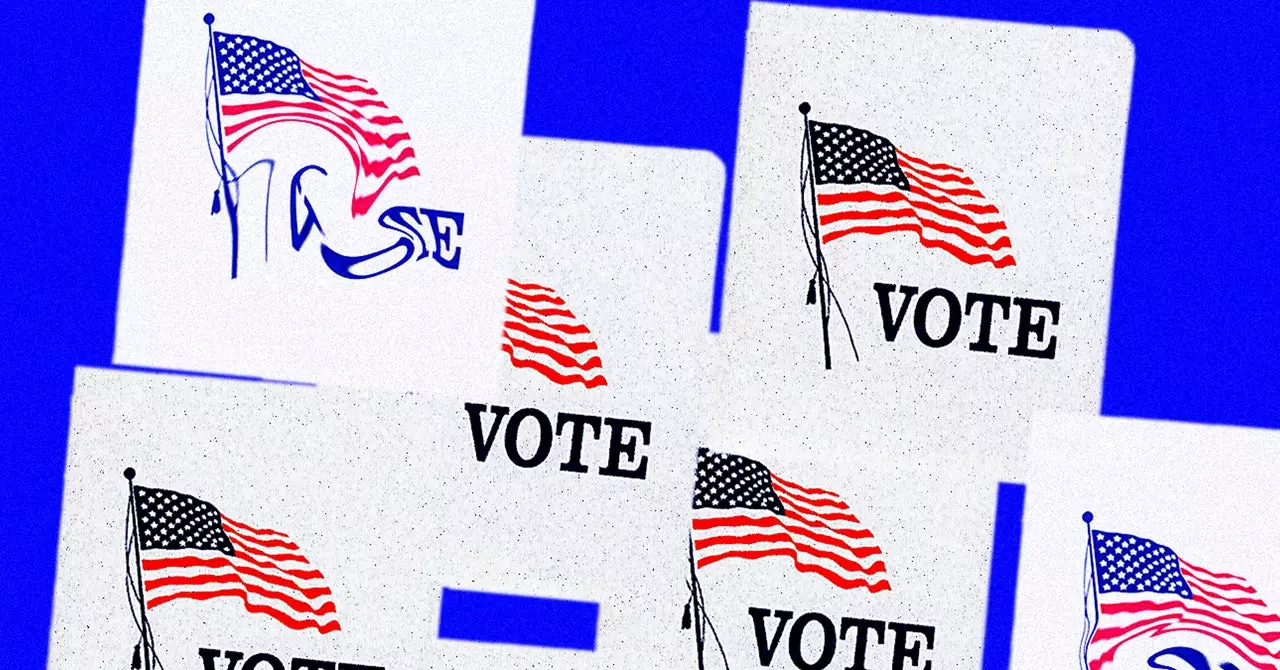The use of Generative AI tools in politics has raised concerns about the authenticity of generated content. This issue becomes even more critical as these tools have been known to “hallucinate,” essentially making up information out of thin air. In the political landscape, where trust and credibility are paramount, the potential repercussions of using such tools are immense. The need for accuracy and transparency in political messaging cannot be overstated.
As AI companies like BattlegroundAI continue to develop tools for political campaigns, questions about ethics and public trust come to the forefront. How can we ensure that AI-generated content is accurate and not misleading? Should all political content created with the help of AI be disclosed to the public? These are crucial questions that need to be addressed to maintain the integrity of the political process.
While AI technology offers efficiency and automation in content generation, it is essential to remember the importance of human oversight. Hutchinson, the founder of BattlegroundAI, emphasizes the role of humans in reviewing and approving the content before it is disseminated. This human-AI collaboration is crucial in ensuring that the generated content meets the required standards of accuracy and relevance.
With the progressive movement traditionally aligning itself with labor rights, objections to automating ad copywriting are not surprising. Critics argue that the automation of such tasks could lead to job displacement and a devaluation of human creativity. Hutchinson responds by highlighting the potential of AI to eliminate repetitive and mundane tasks, allowing human workers to focus on more strategic and creative aspects of their work.
For small political campaigns with limited resources, AI tools like BattlegroundAI offer a lifeline in reaching target voters and optimizing messaging strategies. Political strategist Taylor Coots praises the sophistication of AI-generated content in identifying key voter groups and tailoring messages effectively. In gerrymandered districts where progressive candidates face uphill battles, the efficiency and cost-effectiveness of AI tools become invaluable.
The debate around AI-generated political content extends to the issue of transparency and public perception. Should voters be informed when content is generated with the help of AI? Peter Loge, an ethics expert, argues that disclosure should be mandated to ensure transparency in political communication. However, concerns linger about the erosion of public trust and the potential impact of AI-generated content on people’s perception of political messaging.
As AI technology continues to advance, the ethical implications of its use in politics remain a pressing concern. While AI tools offer efficiency and innovation, the need for ethical guidelines and transparency is non-negotiable. The intersection of AI and politics raises complex moral dilemmas that require careful consideration and dialogue among policymakers, technologists, and the public.
The integration of AI in politics presents both opportunities and challenges. While AI tools like BattlegroundAI offer efficiency and cost-effectiveness to political campaigns, concerns about accuracy, transparency, and public trust cannot be ignored. As the debate continues, it is crucial to tread carefully and ensure that ethical considerations guide the development and deployment of AI technology in the political sphere.


Leave a Reply